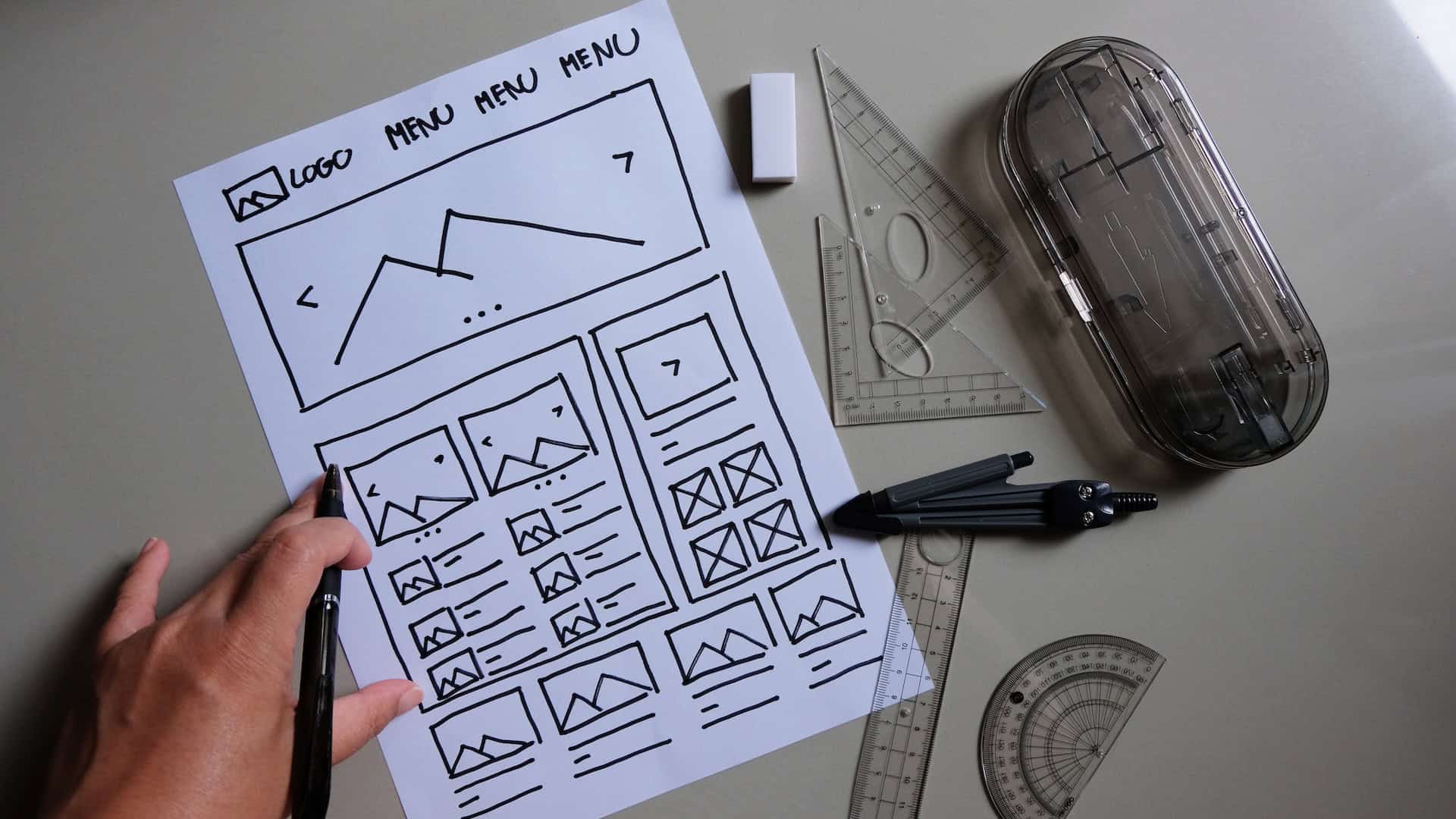Is a website essential for your business? In today’s world, where the internet is a cornerstone of information and connectivity, the short answer is yes—almost every business benefits from having an online presence. But the real question is, how can a website best serve your business? Let’s explore why a website is so much more than a digital business card and how it fits into a broader marketing strategy to help your business grow.
The need to have a website has been a question asked since the dawn of time. Well, maybe not quite that far back, but at least since the internet became a mainstream tool available to businesses and households alike. It seems like the thing to do, and it certainly isn’t hard to get one.
Why a Website Matters (and Why It Might Not)
There was a time when anyone who was anyone had a website. It didn’t even really have to do anything, you just had one. Maybe it had some contact information on it. Maybe there were some rainbows.
It’s just what you did.
Have you noticed a change in that trend? It’s possible that you haven’t, seeing as how there are over a billion websites online right now. As in, you read that sentence and the number is just going up. Are they all active? Probably not, but it’s still fairly telling.
Years ago, just having a website was enough; it didn’t need much purpose other than listing contact information or displaying a logo. Today, however, things are different. An outdated or unhelpful site can actually harm your business by giving visitors a negative impression.
So how would you react if I told you that you probably don’t need a website right now for your business. I mean, in reality you probably have brochures, business cards, and regular customers. Why do you need a website that has all of the same information that is already available in other places?

Well…
Okay so maybe I misled you a little bit. Obviously, having a website will help your business (usually), and everyone has one (except for your local businesses, seriously, check it out).
As I mentioned before, when the internet became really accessible around 1995 to households and businesses, it was expected that you had a website. They didn’t really do anything, but you had one, and that’s all that mattered.
Well, truth be told, times have changed. If you try and keep that mindset nowadays, you’re honestly better off not even bothering. Having a website that is out of date, doesn’t offer new information, or work with current technology will actually drive business away from you faster than it will help you build a customer base.
So…?
I thought you’d never ask. Of course we should probably have some sort of answer to this dilemma, because you want more business and customers, right?
Building on the idea above, I’d like to suggest that you change your way of thinking a bit. Yes, you need a website. In our current state of technological living, you would be crazy not to have one.
But that should just be a starting point. Websites are no longer the pinnacle answer to everything. In the evolution of things, they’ve really become more of a building block or stepping stone in the grand scheme of things.
Think of Your Website as Part of a Marketing Strategy
A website is only one piece of the marketing puzzle. To maximize its impact, consider it a foundational tool in a larger strategy. Here’s how:
- Build a Customized Site that Meets Your Needs
Templates can seem easy, but custom solutions offer more flexibility. Invest in a site that’s designed specifically for your business goals. - Engage New and Existing Customers
Use tools like email marketing or even physical mail (postcards, newsletters) to keep customers engaged with your brand. - Leverage Web Technologies to Stay Connected
Build an email list, send out product updates, or offer exclusive coupons. These tools can turn a single website visit into ongoing customer engagement. - Invest in SEO for Visibility
Optimizing your site for search engines (SEO) helps more people find you. Keywords, quality content, and a clear site structure are key to drawing in new customers through search engines. - Find a Skilled Developer
Working with a professional developer ensures your website stays optimized as search engine algorithms change. Avoid entrusting your site to someone inexperienced; small changes in SEO can have a big impact on visibility. - Work with a Professional Designer
Consistent design across your website and print materials builds trust. A designer can create a cohesive brand image that helps your business stand out and look polished.
The Key Benefits of a Modern Website
Still wondering if a website is the right move? Here’s a quick look at the main benefits:
- Increased Credibility: A professional website gives your business credibility, especially in competitive markets.
- 24/7 Accessibility: Potential customers can learn about you anytime, anywhere.
- Broader Reach: Websites can attract customers beyond your local area, expanding your potential market.
- Marketing Hub: A website can integrate with other tools like email marketing, social media, and digital ads.
A Website is Only Part of the Equation
The bottom line is yes, you need a website if you want to reach more people in your business. But more importantly, you need to realize that a website is only part of the equation now. It takes an investment of money, time, and ongoing attention to be an effective tool.
Luckily, there’s good news in all of this.
I can hear your sighing in relief. You already have plenty to do, right?
If you get yourself a web person worth their salt, this process will end up being fairly painless, and you’ll probably find yourself doing a lot less than you expect. With proper communication and planning, you can set up a relationship with a business or individual who can manage your website, give you recommendations on improvements, and take care of the hard stuff you don’t want to deal with.




